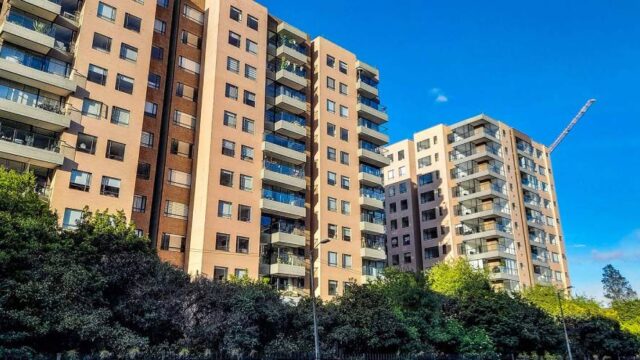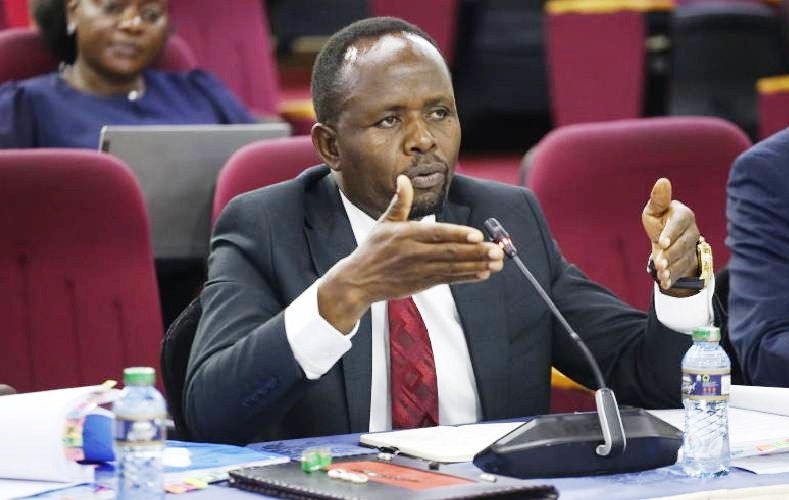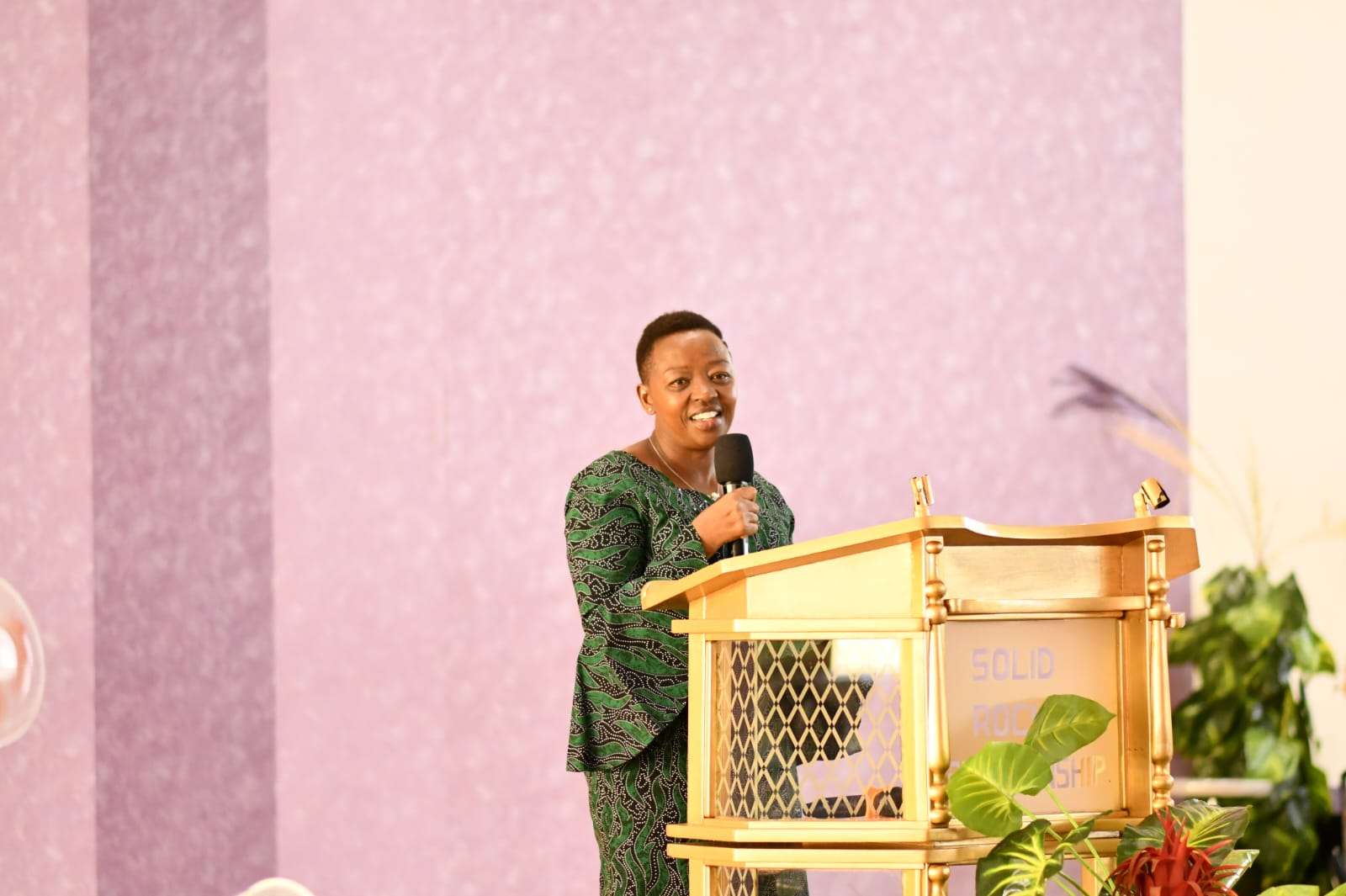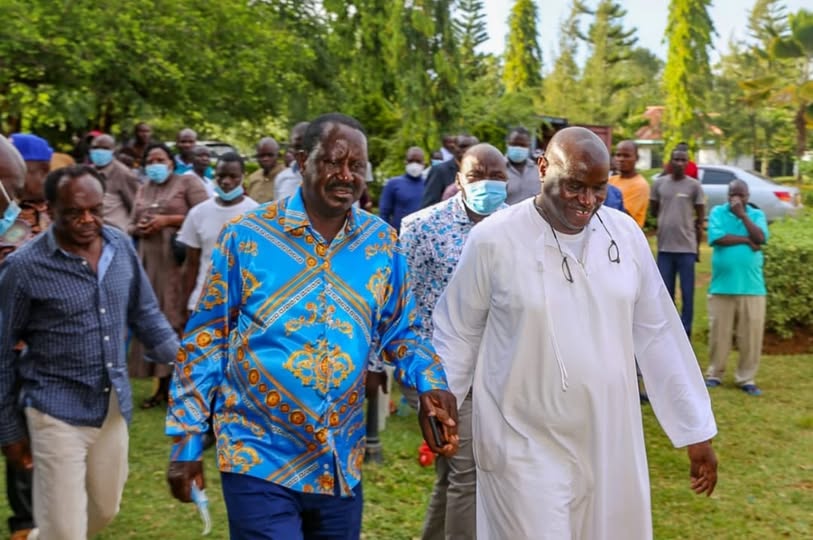By Our Reporter
The mandatory housing levy introduced by the Kenya Kwanza regime , charged at 1.5 per cent of gross salary for employees and other income earners , is driving Kenyans deeper into poverty while being repurposed as a political tool to woo voters, civil society groups have told the High Court.
In their petition, the Kenya Human Rights Commission, Transparency International Kenya, the Institute for Social Accountability, Inuka Kenya Ni Sisi!, and Siasa Place describe the levy as illegal, unconstitutional, and socially retrogressive. They argue it unfairly targets salaried workers already weighed down by statutory deductions, while sparing the political elite and other powerful groups.
Citing data from the Kenya National Bureau of Statistics (KNBS), the petition notes that more than a third of Kenyans live below the poverty line, with food inflation and stagnant wages eroding household incomes. The levy, they argue, further strips workers of scarce disposable income needed for essentials such as food, healthcare, and education.
Evidence from the KNBS 2024 Economic Performance Report shows the levy’s regressive impact on socio-economic rights. The construction sector , central to housing delivery , contracted by 0.7 per cent in 2024, reversing a 3 per cent growth in 2023. KNBS attributes the downturn to higher input costs, reduced private investment, and the levy’s drain on household spending.
Cement consumption fell by 7.2 per cent to 8.5 million tonnes , the steepest drop in two decades , while steel imports dipped by 12 per cent. Employment in construction shrank by 4.2 per cent, contrary to claims by the regime that the levy is creating jobs.
The petitioners also accuse the Kenya Kwanza regime of turning the fund into a vehicle for political patronage. President William Ruto announced that 20 per cent of houses , about 34,000 units from 170,000 ongoing projects , would be allocated to teachers following a meeting at State House. The deal was formalised through a Memorandum of Understanding (MoU) without board approval, needs assessment, or public tendering. Ruto further promised houses to Harambee Stars players during the CHAN football tournament. “These acts suggest misuse for patronage ahead of the 2027 elections,” the petition states.
The petitioners are asking the High Court to suspend all deductions and declare the levy unconstitutional.





